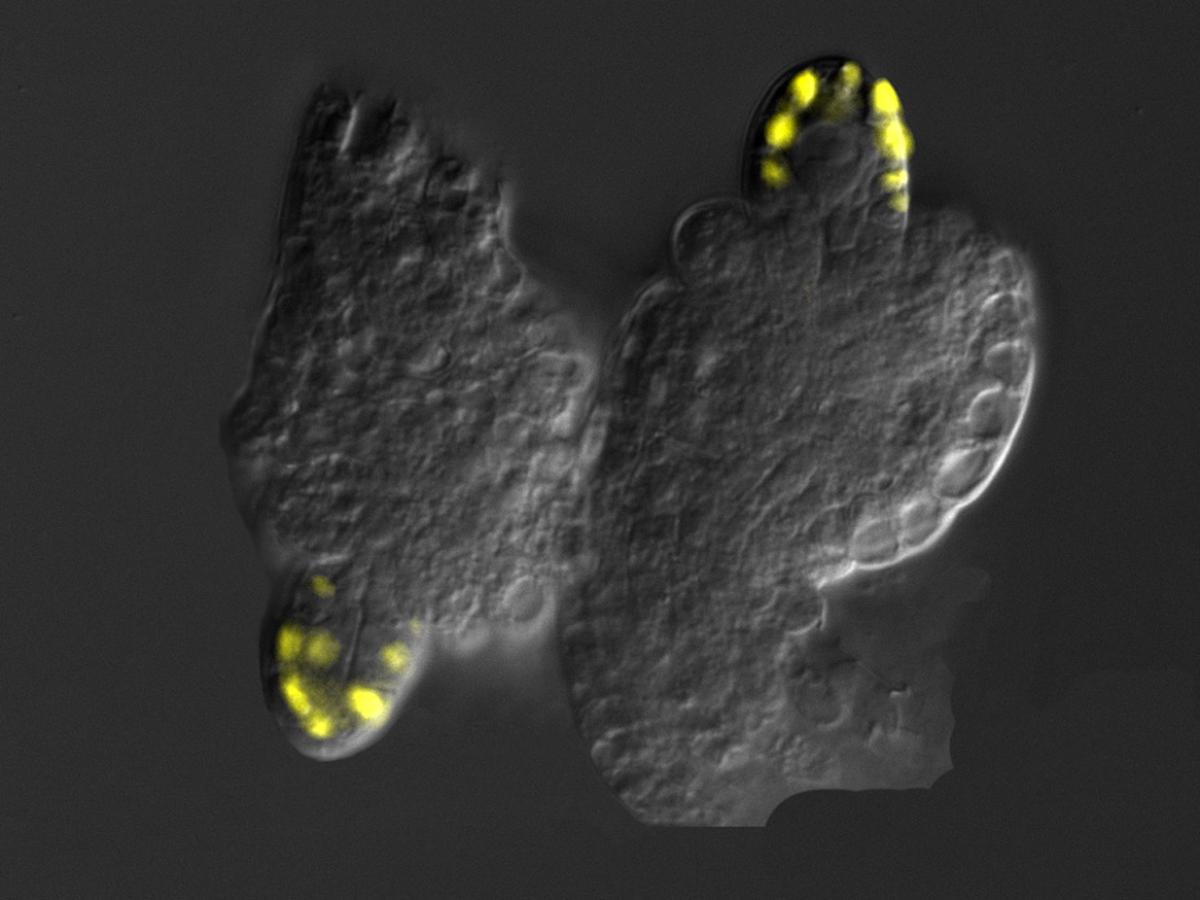Transcription factors controlling seed development
Seed development in flowering plants is dependent upon coordinated inputs from multiple plant organs and tissues.
Understanding how these inputs are integrated is a fundamental requirement to sustain and improve the $12 billion
Australian seed industry.

During flower development, the last organ to form is the ovule, which is the progenitor of the seed. While much of our knowledge of plant ovule development comes from Arabidopsis thaliana, it is now feasible to address fundamental reproductive questions in crop species such as barley.
Comprehensive genetic, cytological, molecular and transcriptomic resources are available that enable detailed study and direct cross-species comparisons.
Differences between species have become powerful tools to explore key developmental transitions, and determine how related genes may have been recruited into tissue-specific functions.
In this project, you will investigate the function of several transcription factors that appear to control ovule development in barley.
The project will determine whether function of these genes is conserved between barley and Arabidopsis by studying mutants, fluorescent reporter proteins and the expression of putative target genes.
You will gain skills in molecular biology, microscopy and plant transformation, and develop a broader understanding of factors that influence seed development and composition.

Supervisors
Co-supervisor: Associate Professor Matthew Tucker
Research area: School of Agriculture Food & Wine, Waite Research Institute
Recommended honours enrolment:
Honours in Plant Science or Honours in Molecular and Biomedical Science
